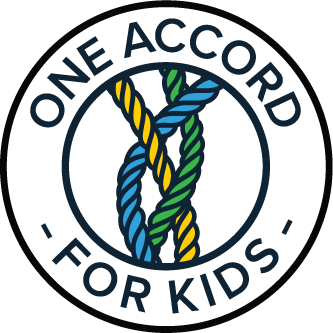Foster Care and Child Welfare Week in Review – July 10, 2023
Here are some news items from last week related to foster care, adoption, and child welfare that caught our eye:
The preservation of sibling connections in foster care is being approached differently by states, according to a report by Imprint News. While some states prioritize keeping siblings together, others focus on maintaining regular visitation and contact. Texas, for example, has implemented a “Siblings Reunited” program, aiming to place siblings together whenever possible. In contrast, California emphasizes visitation rights and encourages caseworkers to consider sibling bonds when making placement decisions. The varying approaches highlight the challenges and complexities involved in ensuring that siblings in foster care maintain meaningful relationships with each other.
An NBC News story from 2005 was circulating on social media last week. The report exposed that the U.S. government conducted AIDS drug trials on foster children in the 1980s and 1990s, including in Texas, without their knowledge or consent. Over 5,500 children were enrolled in the trials, which involved experimental medications with potentially harmful side effects. Many of the children experienced severe reactions, and at least seven deaths were linked to the studies. The unethical nature of these trials has sparked outrage and calls for accountability. The revelations shed light on the mistreatment of vulnerable populations and the need for stringent ethical guidelines in medical research involving children.
Texas and New York are taking different paths when it comes to the Miranda warning laws in child welfare cases. In Texas, a new bill aims to extend the rights of parents involved in child welfare investigations, requiring caseworkers to provide them with Miranda warnings, similar to those given to criminal suspects. The goal is to protect the rights of parents and ensure fair treatment during investigations. However, in New York, the state’s highest court ruled that Miranda warnings are not necessary for parents in child welfare cases, as they are considered civil proceedings rather than criminal matters. These differing approaches highlight the complexities and variations in how states handle child welfare cases and the rights of individuals involved.
Sign up for our e-mail updates and social media feeds below to stay informed on challenges and opportunities in our local child welfare system.

